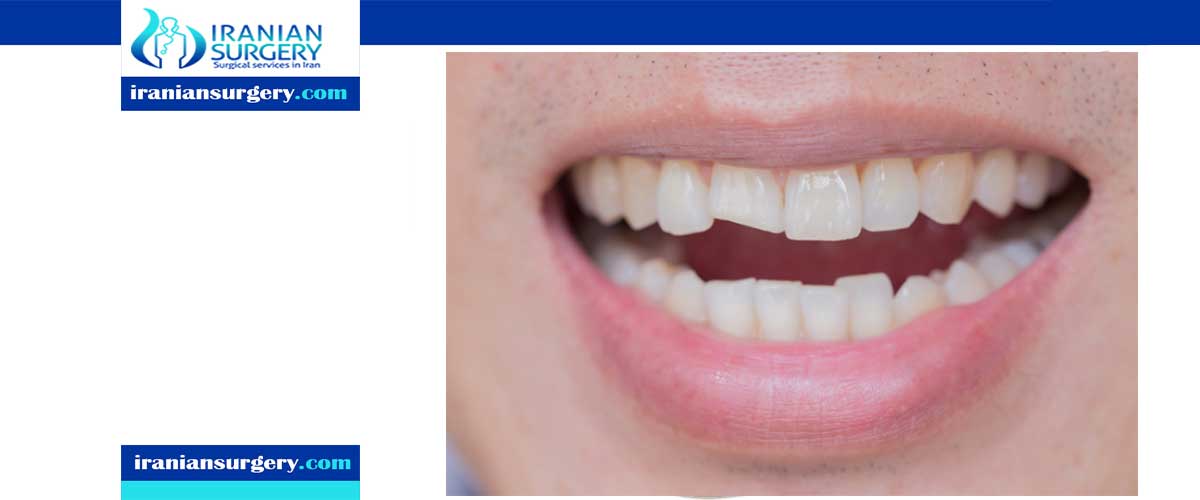Problems with veneers
Veneers are more costly than composite resin bonding. Veneers are usually not repairable should they chip or crack. Because enamel has been removed, your tooth may become more sensitive to hot and cold foods and beverages. Veneers may not exactly match the color of your other teeth.
In other words,it is wrong to believe that porcelain veneers ruins our teeth, porcelain veneers do not ruin our natural teeth! In fact, they are designed to fit over your teeth and enhance their naturally beautiful appearance. This means that having the veneers attached does not ruin or hurt your teeth. Secondly, porcelain veneers are not made of enamel like the front of your natural teeth.
5 Things that can go wrong with veneers if you don’t Have the Right Dentist
- Your mouth may not be healthy enough
- Dental veneers are not invulnerable
- You may suffer discomfort
- The cosmetic outcome may not be exactly what you wanted
- You may lose too much tooth mass
Another disadvantages are:
The downside to dental veneers include:
- The process is not reversible.
- Veneers are more costly than composite resin bonding.
- Veneers are usually not repairable should they chip or crack.
- Because enamel has been removed, your tooth may become more sensitive to hot and cold foods and beverages.
- Veneers may not exactly match the color of your other teeth. Also, the veneer's color cannot be altered once in place. If you plan on whitening your teeth, you need to do so before getting veneers.
- Though not likely, veneers can dislodge and fall off. To minimize the chance of this occurring, do not bite your nails; chew on pencils, ice, or other hard objects; or otherwise put excessive pressure on your teeth.
- Teeth with veneers can still experience decay, possibly necessitating full coverage of the tooth with a crown.
- Veneers are not a good choice for individuals with unhealthy teeth (for example, those with decay or active gum disease), weakened teeth (as a result of decay, fracture, large dental fillings), or for those who have an inadequate amount of existing enamel on the tooth surface.
- Individuals who clench and grind their teeth are poor candidates for porcelain veneers, as these activities can cause the veneers to crack or chip.

10 common questions about Problems with veneers
1Do veneers ruin your real teeth?
No, porcelain veneers do not ruin your natural teeth! In fact, they are designed to fit over your teeth and enhance their naturally beautiful appearance. ... This means that having the veneers attached does not ruin or hurt your teeth. Secondly, porcelain veneers are not made of enamel like the front of your natural teeth.
2Can veneers be removed?
With traditional veneers, your dentist will remove a very small amount of enamel from the tooth or teeth that will be receiving the veneer. ... With no-preparation veneers, there is no removal or shaving your natural teeth required, and the veneers are fitted directly over your existing natural teeth
3Are veneers permanent?
Although porcelain veneers are not considered a permanent procedure since they will likely have to be replaced at some point, they can last for decades as long as you take care of them properly. Some patients may never need to replace them at all. Porcelain veneers are, however, irreversible
4Are Lumineers better than veneers?
How are veneers and Lumineers different? Traditional veneers are typically about 0.5 millimeters thick, whereas Lumineers are typically 0.3 millimeters thick. ... However, because they are thinner than other veneers, it may be harder for Lumineers to mask discolored teeth
5Can veneers be whitened?
Can veneers be whitened?
Traditional whitening treatments do not work on porcelain or most bonding materials, making it effectively impossible to whiten veneers, dentures, crowns, or implants once they are in your mouth. It is possible, however, to whiten prosthetic products before installing them
6Do lumineers ruin your teeth?
Yes, Lumineers are completely reversible because there's no grinding down of healthy tooth structure, in most cases. Your natural teeth are still intact and strong.
7Can you eat with snap on smile?
You can eat and drink while wearing Snap-On Smile. They can be worn every day.
8Are veneers painful?
Does the process hurt? Typically patients are numb for the veneering process. There should be no pain during the procedure once numbness takes effect. With smaller cases (two or four veneers) there will be very little or no discomfort after the numbness subsides.
9Do veneers smell?
Because enamel has been removed, your tooth may become more sensitive to hot and cold foods and beverages. Veneers may not exactly match the color of your other teeth. ... If you plan on whitening your teeth, you need to do so before getting veneers. Though not likely, veneers can dislodge and fall off.
10How often should you change veneers?
Schedule regular dental check-ups and cleanings: Dental exams and cleanings should be performed at least once every six months to make sure that veneers and other restorations are intact and oral health is at its best.
[kkstarratings]




